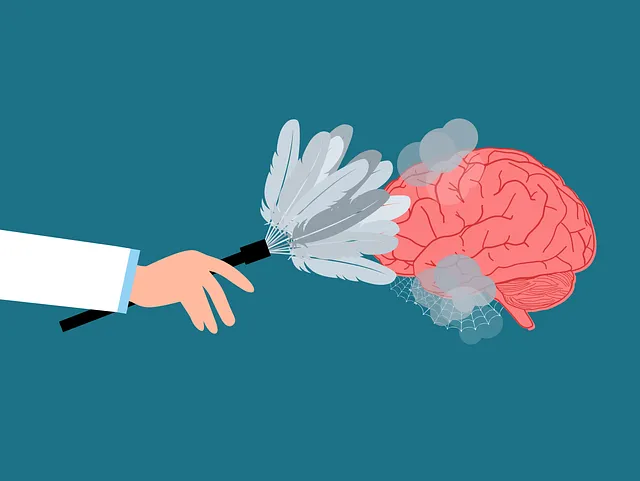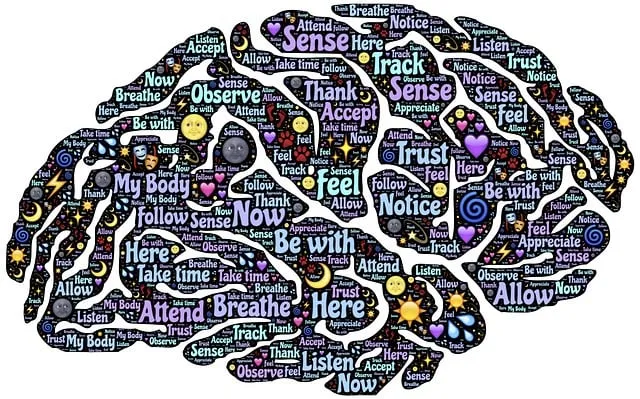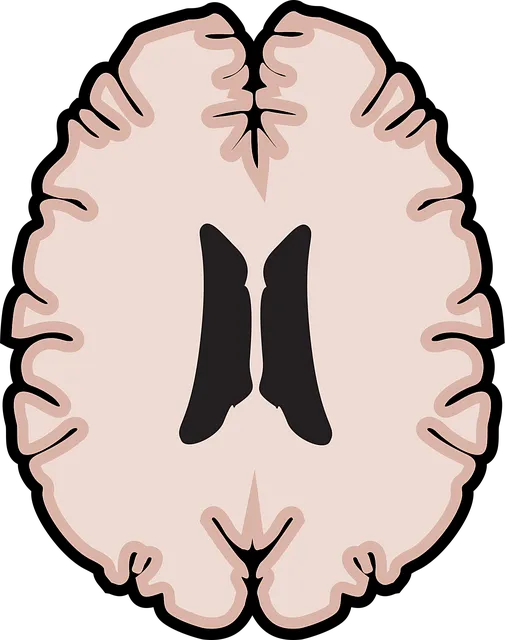In today's demanding healthcare environment, Kaiser Permanente in Westminster prioritizes crisis intervention through its dedicated 24/7 mental health line, offering professional counseling and guidance. This service, along with mood management techniques and community-led initiatives focusing on emotional intelligence and mental wellness coaching, enhances patient care quality and provider satisfaction. Post-crisis care, including tailored mental health services and risk management planning, promotes resilience among individuals and staff, fostering a culture of empowerment.
In moments of crisis, swift and effective intervention can be life-saving. This article guides you through essential strategies and resources for managing crises, focusing on the unique contributions of organizations like Kaiser Permanente Mental Health and the collaborative efforts of communities, such as Westminster. We explore practical steps from initial response to post-crisis care, emphasizing resilience-building. Key insights include leveraging the Kaiser Permanente mental health number for immediate support and understanding the vital role community networks play in crisis management.
- Understanding Crisis Intervention: A Brief Overview
- Kaiser Permanente Mental Health Support: A Key Resource
- The Role of the Westminster Community in Crisis Management
- Practical Steps for Effective Crisis Intervention
- Post-Crisis Care and Recovery: Nurturing Resilience
Understanding Crisis Intervention: A Brief Overview

In today’s fast-paced healthcare environment, effective crisis intervention is paramount, especially for healthcare providers facing high-stress situations daily. Crisis intervention strategies guidance offers a structured approach to helping individuals navigate intense emotional or physical crises, such as burnout, acute stress, or mental health emergencies. This support is crucial for professionals like those at Kaiser Permanente, who can access vital resources like the mental health number in Westminster to assist colleagues and patients.
Understanding crisis intervention involves recognizing its role in immediate relief and long-term resilience. It’s not just about stopping a crisis but also equipping individuals with tools for future management. Mood management techniques, as part of broader crisis intervention guidance, empower healthcare providers to maintain their well-being and prevent burnout, ensuring they can continue offering optimal care. By integrating these strategies, healthcare institutions like Kaiser Permanente can foster a supportive environment, enhancing the overall quality of patient care and provider satisfaction.
Kaiser Permanente Mental Health Support: A Key Resource

When facing a crisis, having access to immediate mental health support is vital. Kaiser Permanente stands out as a key resource for those in need, especially in regions like Westminster. The organization offers a dedicated mental health line specifically tailored to assist individuals grappling with emotional distress and various mental health concerns. This service is a game-changer, providing quick access to professional counseling and guidance.
By dialing the Kaiser Permanente mental health number, Westminster residents can connect with trained professionals who offer expert advice on stress management and burnout prevention. They are equipped to handle a range of issues, ensuring that those in crisis receive the necessary support. This resource highlights the commitment to fostering mental wellness within the community and underscores the importance of having such services readily available to address emerging challenges related to mental health.
The Role of the Westminster Community in Crisis Management

In crisis management, the Westminster Community plays a pivotal role, especially when it comes to addressing mental health concerns. Organizations like Kaiser Permanente, with their dedicated mental health number for Westminster residents, serve as lifelines during desperate times. These services are crucial in providing immediate support and guiding individuals through acute crises. Beyond these immediate interventions, the community’s collective effort in promoting emotional intelligence and empathy building strategies is essential. By fostering an environment where people feel heard and understood, Westminster can enhance mental wellness on a larger scale.
Community initiatives aimed at mental wellness coaching programs development further bolster this support system. These programs not only offer individuals tools to manage crises but also encourage proactive mental health maintenance. Through collaborative efforts, the Westminster Community is revolutionizing crisis intervention by integrating empathy building strategies and emotional intelligence into their core response plans, ensuring a more holistic and effective approach to managing mental health challenges.
Practical Steps for Effective Crisis Intervention

In moments of crisis, whether it’s a personal health emergency or a traumatic event, quick and effective intervention can make all the difference. For those seeking immediate support, reaching out to dedicated hotlines like the Kaiser Permanente mental health number in Westminster is a vital step. This 24/7 resource connects individuals to trained professionals who provide assessment, guidance, and navigation through crisis care.
Following initial contact, practical steps for effective intervention include active listening, ensuring safety, and stabilising the individual’s emotional state. Community outreach programs focused on mental health awareness and trauma support services play a crucial role in preventing depression by fostering open conversations and reducing stigma. By integrating these strategies, individuals can receive tailored care, promoting recovery and resilience.
Post-Crisis Care and Recovery: Nurturing Resilience

After an acute crisis situation, providing comprehensive post-crisis care and fostering recovery is essential to nurturing resilience among individuals affected. This phase is critical in helping people process their experiences, manage any lingering trauma, and develop coping strategies for future challenges. At organizations like Kaiser Permanente, mental health professionals play a pivotal role in this process. They offer ongoing support, therapy sessions, and guidance tailored to each individual’s unique needs, ensuring they have the tools to navigate their emotional well-being effectively.
One effective approach is implementing structured Risk Management Planning for Mental Health Professionals, which includes integrating Stress Reduction Methods into their practices. This might involve organizing Stress Management Workshops within the organization to equip staff with techniques to manage stress and prevent burnout. By prioritizing self-care and providing resources for mental health professionals, entities like Kaiser Permanente in Westminster ensure that they can continue offering optimal care to those in need, fostering a culture of resilience and empowerment.
In conclusion, effective crisis intervention strategies are vital for navigating challenging situations. By understanding the fundamentals outlined in this article—from recognizing signs of a crisis to utilizing resources like the Kaiser Permanente mental health support line and fostering community engagement in Westminster—individuals and communities can provide timely assistance and promote recovery. Practical steps, including active listening and creating safety, coupled with post-crisis care, foster resilience and help those affected regain their equilibrium. Remember that, in times of crisis, access to resources like the Kaiser Permanente mental health number can make a significant difference, while community involvement ensures a comprehensive approach to support individuals and families in need.






